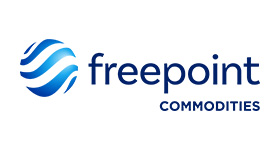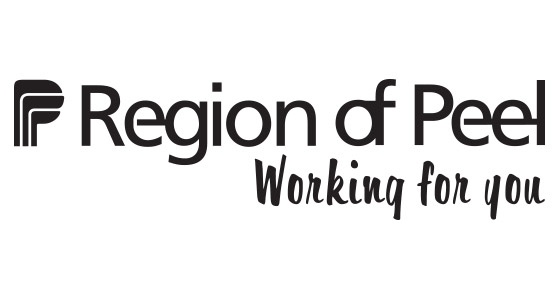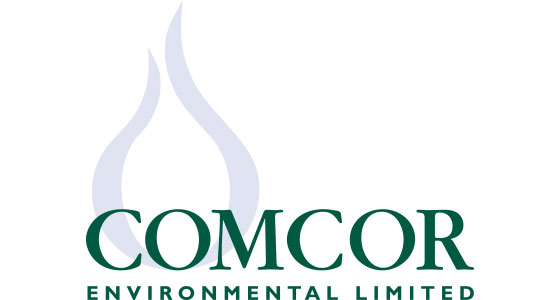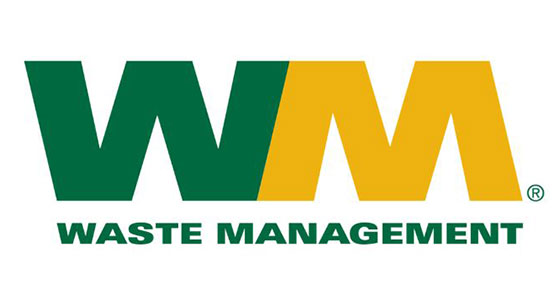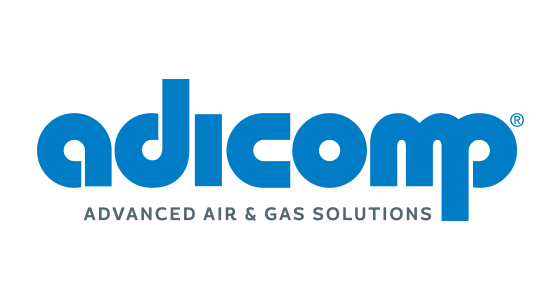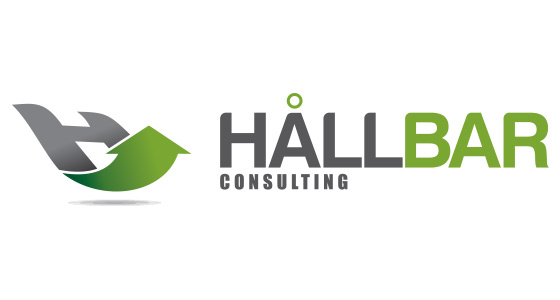EDL
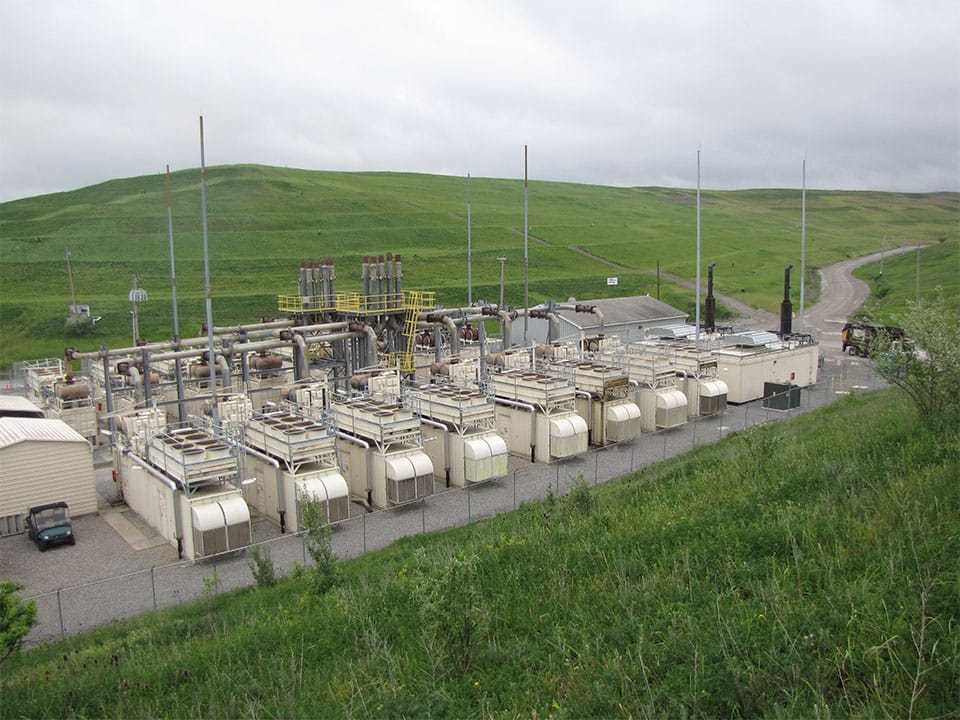
Since EDL began operation over 30 years ago, they have become one of the leading global producers of sustainable distributed energy. EDL originated in Australia specializing in innovative distributed energy solutions using renewable fuel sources such as landfill gas and waste coal mine gas. Since then, EDL has expanded internationally and manages a global portfolio of power stations in Australia, Europe, and North America including 713 MW in Australia, 75 MW in Europe, 192 MW in the United States, and 11 MW in Canada. All the distributed energy projects in North America are landfill gas fueled, including a Hydro Quebec interconnected landfill gas project acquired in 2017 located in Lachute, QC.
EDL has almost three decades of experience developing landfill gas projects in North America. The North American roots of EDL consist of the former Granger Energy company that developed their first landfill gas fueled power stations in 1985 and the former EDI company that began operations from a Houston, Texas office in 1999. EDL’s North American business has grown steadily to 28 power stations and 203 MW installed capacity, and is based in Lansing, Michigan to better serve their customer base concentrated in the Great Lakes region, and to facilitate their scaled growth into Canada. According to Jim Grant, Chief Executive Officer North America, EDL is committed to providing distributed energy solutions with long-term partners whose corporate values are aligned with EDL’s priorities of safety, diversity, and community outreach.
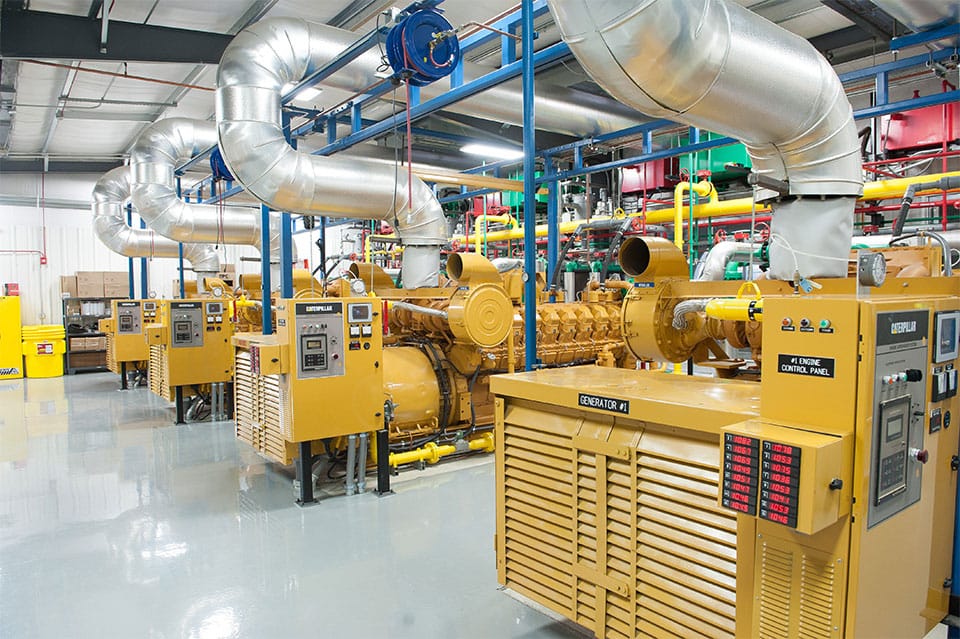 EDL stands out from other energy companies due to their commitment to safety and focus on community involvement and diversity. Any new projects must meet stringent safety requirements as well as make good business sense. The traditional model for EDL is to develop, build, own and operate power stations and renewable natural gas (RNG) facilities; however, they are flexible on the service arrangement to make the right partnership. A key value that EDL can provide to projects is from the development and financing side, which is essential to move the projects from planning to operation.
EDL stands out from other energy companies due to their commitment to safety and focus on community involvement and diversity. Any new projects must meet stringent safety requirements as well as make good business sense. The traditional model for EDL is to develop, build, own and operate power stations and renewable natural gas (RNG) facilities; however, they are flexible on the service arrangement to make the right partnership. A key value that EDL can provide to projects is from the development and financing side, which is essential to move the projects from planning to operation.
On the growth opportunity in Canada, Grant shares that “EDL sees significant growth opportunity in Canada in four main categories: renewable natural gas development based on provincial and federal policies, remote energy solutions, behind the meter energy solutions, and mergers and acquisitions”. EDL is actively pursuing RNG project opportunities in Canada, and is constructing RNG projects in the United States. Their first RNG facility will be commercially operational by 2020.
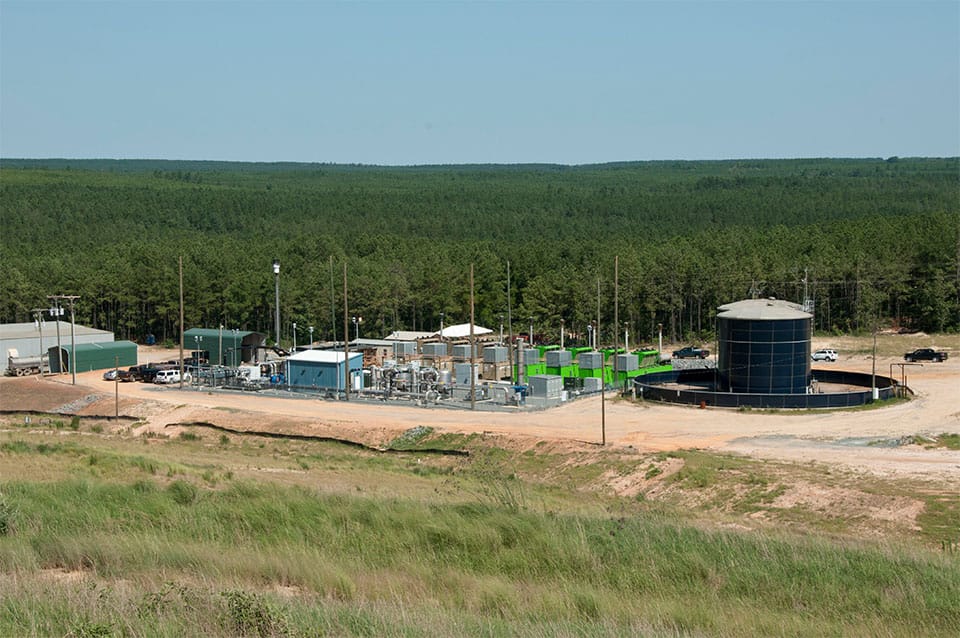 For the future of biogas and RNG in Canada, Grant notes that development will depend primarily on stable policies at the provincial and federal levels that provide business certainty and predictable outcomes. Additionally, regional trends such as attitudes towards solid waste management, organics diversion, anaerobic digestion, and availability of concentrated feedstock will impact the reliability of RNG fuel sources.
For the future of biogas and RNG in Canada, Grant notes that development will depend primarily on stable policies at the provincial and federal levels that provide business certainty and predictable outcomes. Additionally, regional trends such as attitudes towards solid waste management, organics diversion, anaerobic digestion, and availability of concentrated feedstock will impact the reliability of RNG fuel sources.
EDL joined the Canadian Biogas Association (CBA) as members in October 2018. “We’ve always had success joining forces with peers, academia and public entities to learn from each other and promote good policy. We were looking for groups that were organizing themselves and the CBA stood out as a valuable partner to help support EDL’s Canadian growth strategy”. EDL sees membership with the CBA as an effective route to get in the space, network and meet peers and potential partners.


